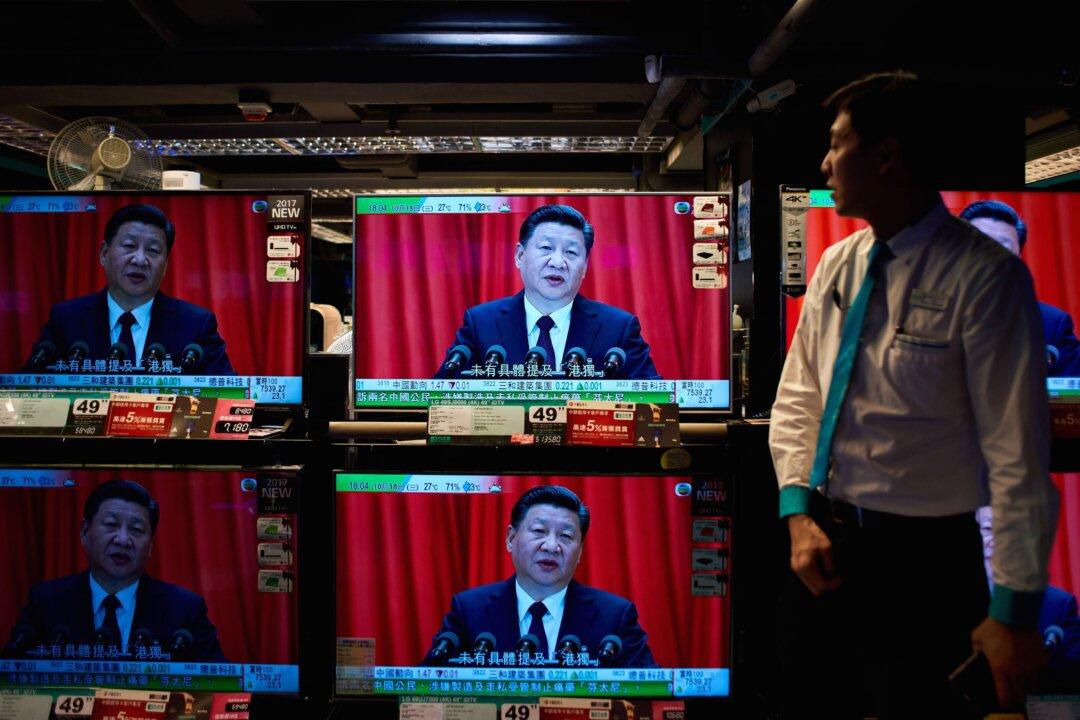Xi Jinping has coined a new catchphrase in his opening speech to the 19th National Congress.
China will flourish under “a new era of socialism with Chinese characteristics” was Xi’s theme in a three-and-half hour speech in Beijing. Directed at Party members who have gathered for the once-in-five-years political conclave when the Chinese Communist Party (CCP) announces the next generation of top leadership, Xi described a future in which the Party’s ideology would lead China to become a true global power.





